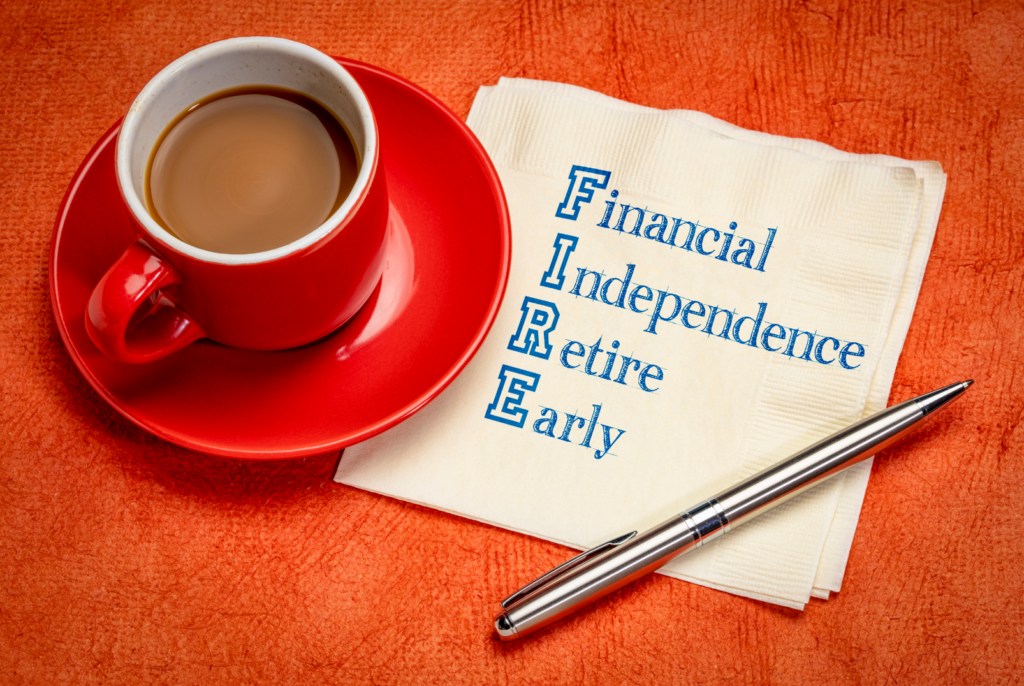What’s your happiest retirement age? It’s very much an individual choice and it doesn’t need to be aligned with the state pension or your employer’s pension scheme. Working life is becoming more and more flexible and you might want to retire earlier or later than your pension scheme rules suggest. You might not even want to fully retire at all, preferring to keep stimulated and to enjoy the sense of purpose that work can provide well into your later years.
A while back, I asked my 14-year-old son what a pension is. He said, “It’s a bunch of money you get when you’re old”. Not a bad explanation, I thought, so I asked him what “old” meant, and he said, “about 70 or 60”. Again, a pretty good answer in the context of pensions.
I’ve listened to hundreds of individuals and couples explain their intention to retire and it’s surprising how many choose age 60 or 65. In part, this comes from a historical expectation that people stop working when they reach state pension age, which used to be 60 for women and 65 for men.
Another factor is that defined benefit, or ‘final salary’ pensions often had a scheme retirement age of 60, or thereabouts. Sadly, these schemes are all but closed to new members now.
So, why should you try to resist the temptation simply to use the state pension age or scheme rules as a guide for our own retirement plans? Who decides when “old” is anyway and how can you plan towards your happiest retirement age?
State pension age is going up……and up
2020 saw the end of a transitional increase to the state pension age and it’s now 66 for both men and women. It will increase again to age 67 by 2028 and then to age 68 by 2046. Don’t be surprised if those timescales are accelerated.

68 is probably later than your preferred retirement age
When the state pension was introduced in 1948, life expectancy for a 65-year-old was 13.5 years, but by 2017, that same life expectancy had increased to 22.8 years. So due to the cost of funding pensions for longer periods, governments have made moves to increase the state pension age more in line with life expectancy.
If you’re unsure of your own state pension age, you can check it here.
The minimum retirement age for personal pensions is also going up
In recent years, there has been a big shift away from ‘defined benefit’ pension schemes to ‘defined contribution’. With the former, you could look forward to a guaranteed lifelong income, based on a percentage of your earnings.
With the latter, your retirement income will depend on how much you and your employers pay in throughout your working life, investment performance and charges. There are no guarantees with defined contributions pensions, but currently, you can begin accessing the money from age 55.
This minimum pension age, however, is due to increase too. The general rule is that you can withdraw from your pensions up to 10 years before state pension age. So, in line with increases to state pension age, the government recently confirmed its intention to increase minimum pension age to 57 by 2028. That affects workers currently aged 52 and under.
So how does this affect your happiest retirement age?
It’s important to remember that pensions are just one financial solution to help you plan for the future. For most people, they will be the most effective and tax efficient way to build up financial security. But don’t let the rules stop you from planning the lifestyle you want.

Financial independence is the key to preferred retirement age
Theoretically, you can retire whenever you like – but you need to plan for it. You need to try and work out how much money you’ll need for the rest of your life and then save towards that. In other words, you need to achieve financial independence.
What is retirement anyway?
A good starting point is to try and envisage what you would like your future life to be like. Some people don’t even like the concept of retirement because they enjoy work and like to keep busy.
You might have a strong desire to launch a lifestyle business where you can generate an income by following your passion.
Maybe you’d prefer just to gradually reduce your hours and have more of a balance between work and leisure time. Or maybe you get the most satisfaction from charitable and voluntary work.
All of these represent financial options in life, which is an important element of financial wellbeing. So, once you have a good idea of how you would like your life to look in the future, you can plan for it. You can still change your mind and tweak your financial plan as time goes on, but it’s all about creating options for your future so that you can choose when, how and if you’d like to retire.
Summary
It’s good to be aware of the rules around pensions, but that should not dictate how you live your life. Your happiest retirement age should be the starting point. In fact, it’s better to think of it as your preferred financial independence age.
Take control of your finances, plan ahead and empower yourself to Design Your Future.
A financial coach or a financial planner can help you think about how you would like the future to look and then assist you with building a plan to get there. Don’t leave it up to government legislation to dictate when – or if – you should retire.




 Production
Production